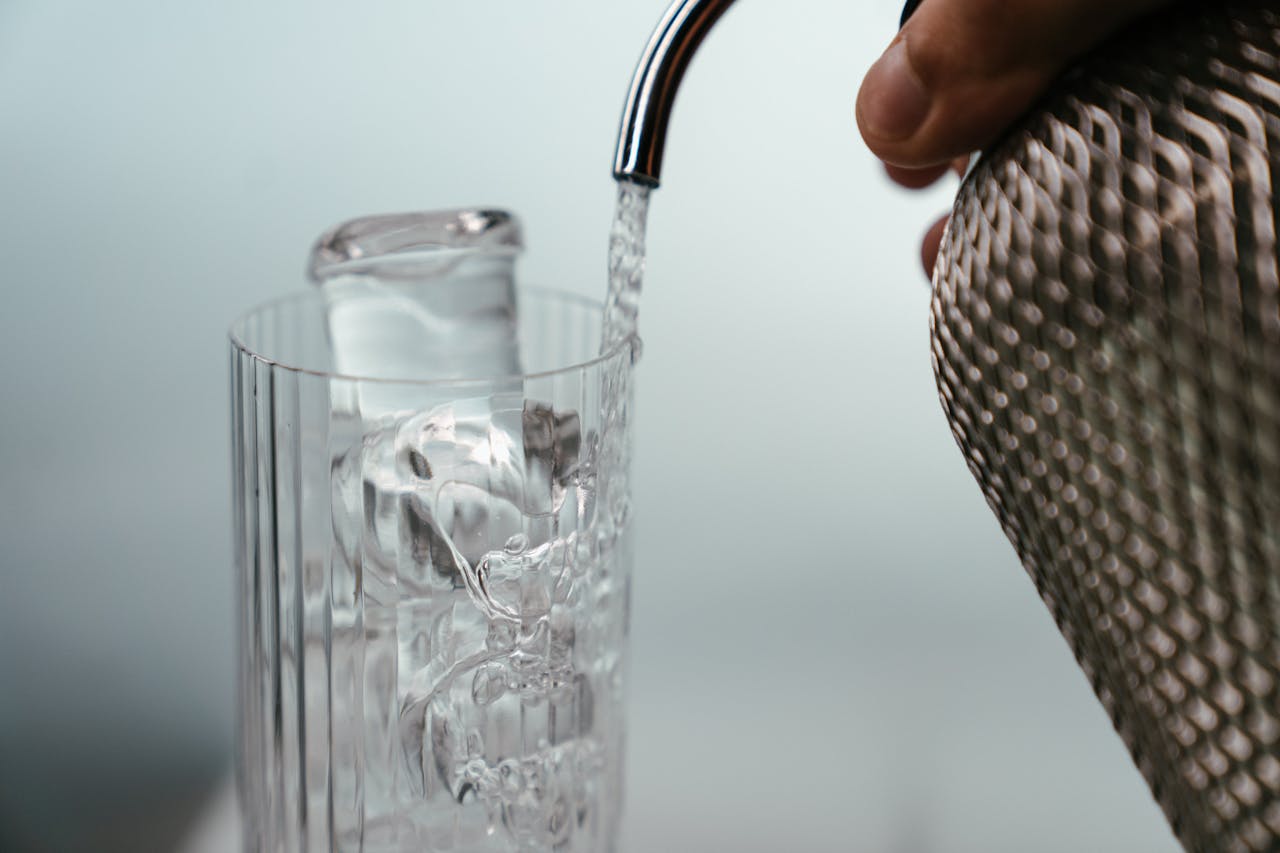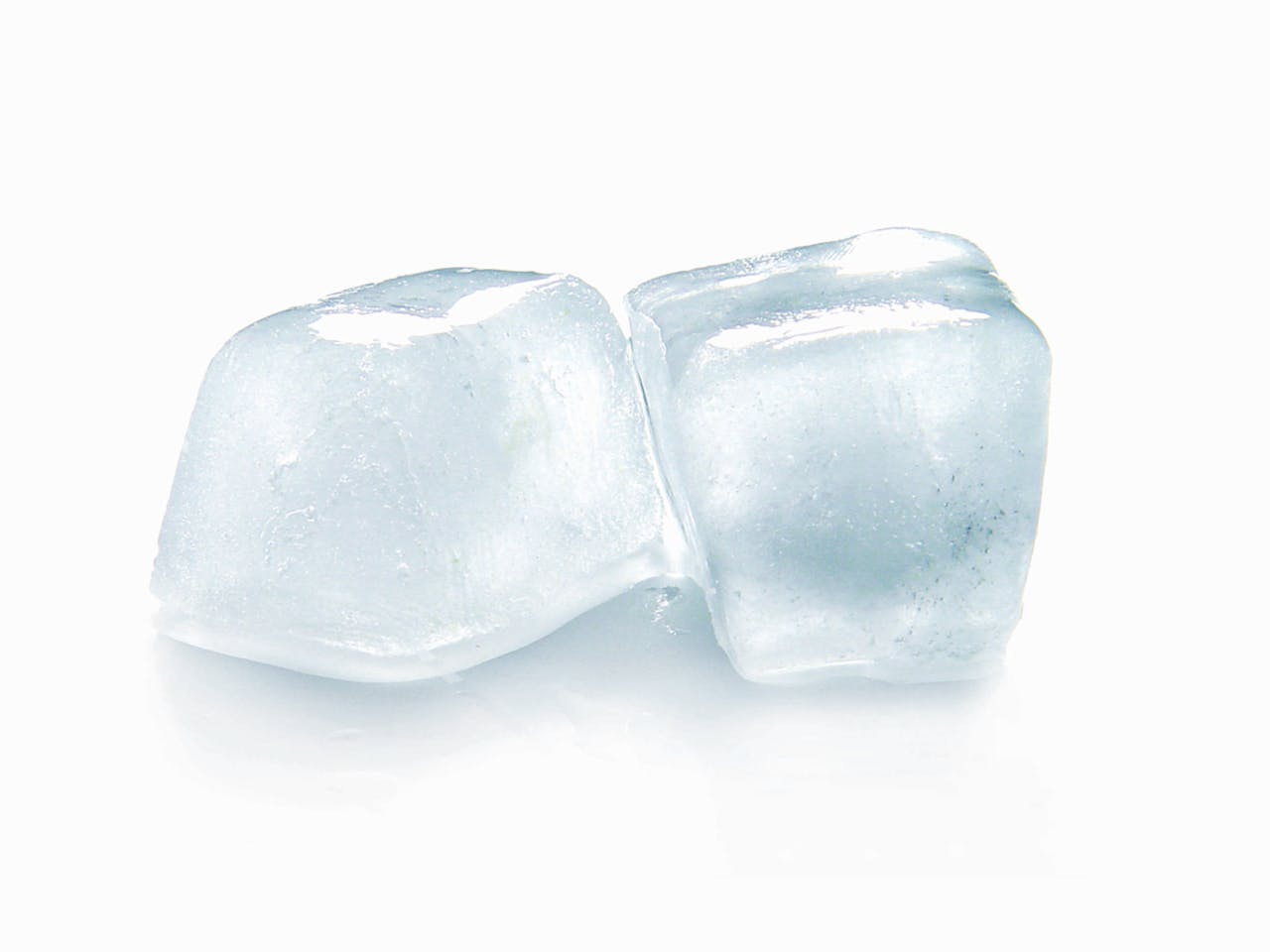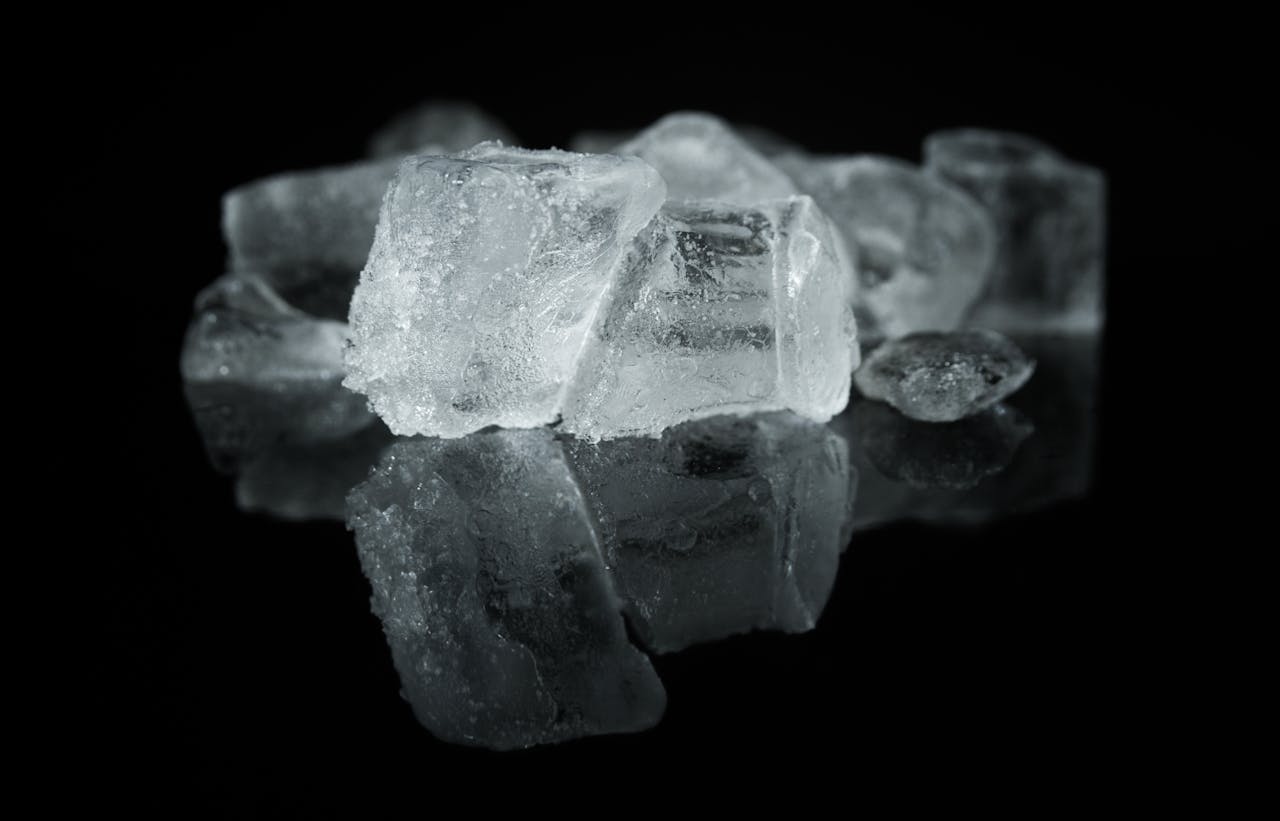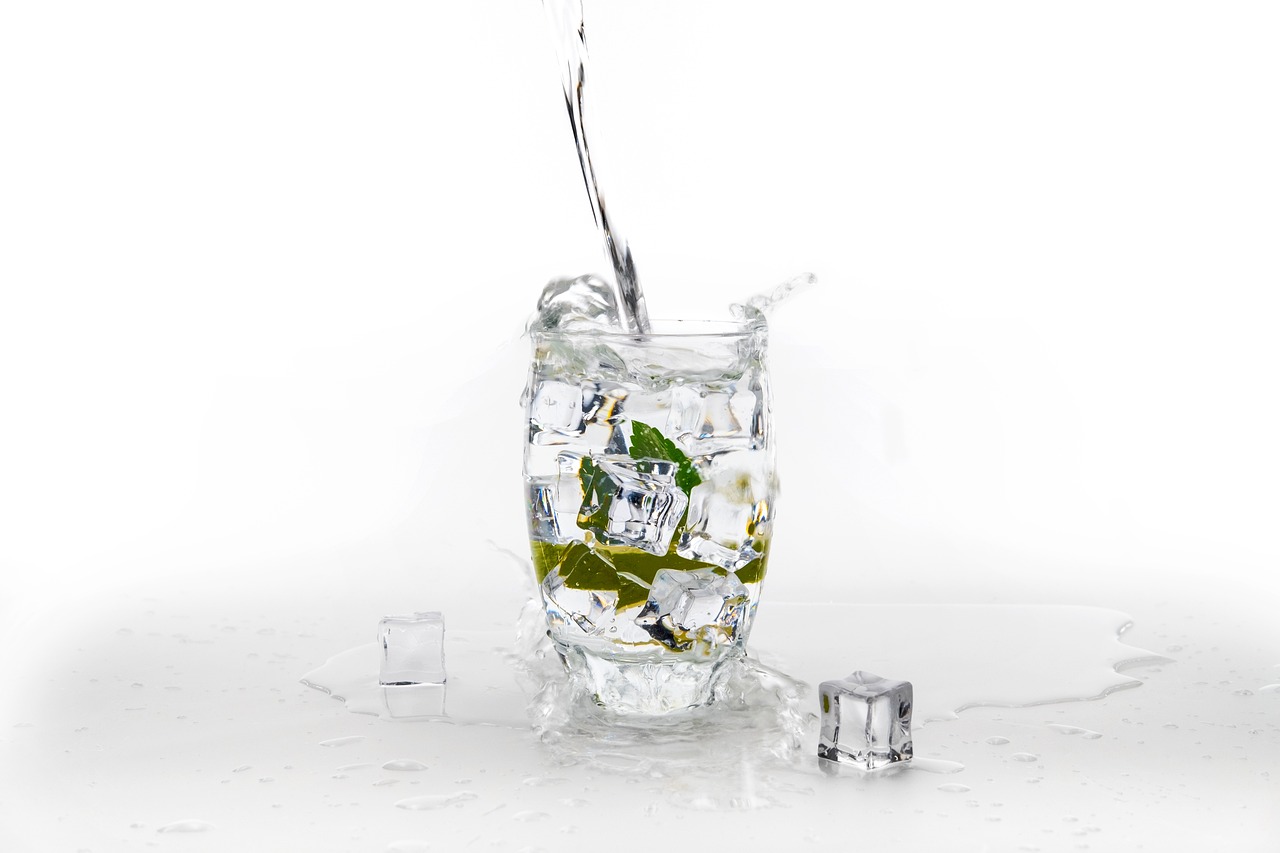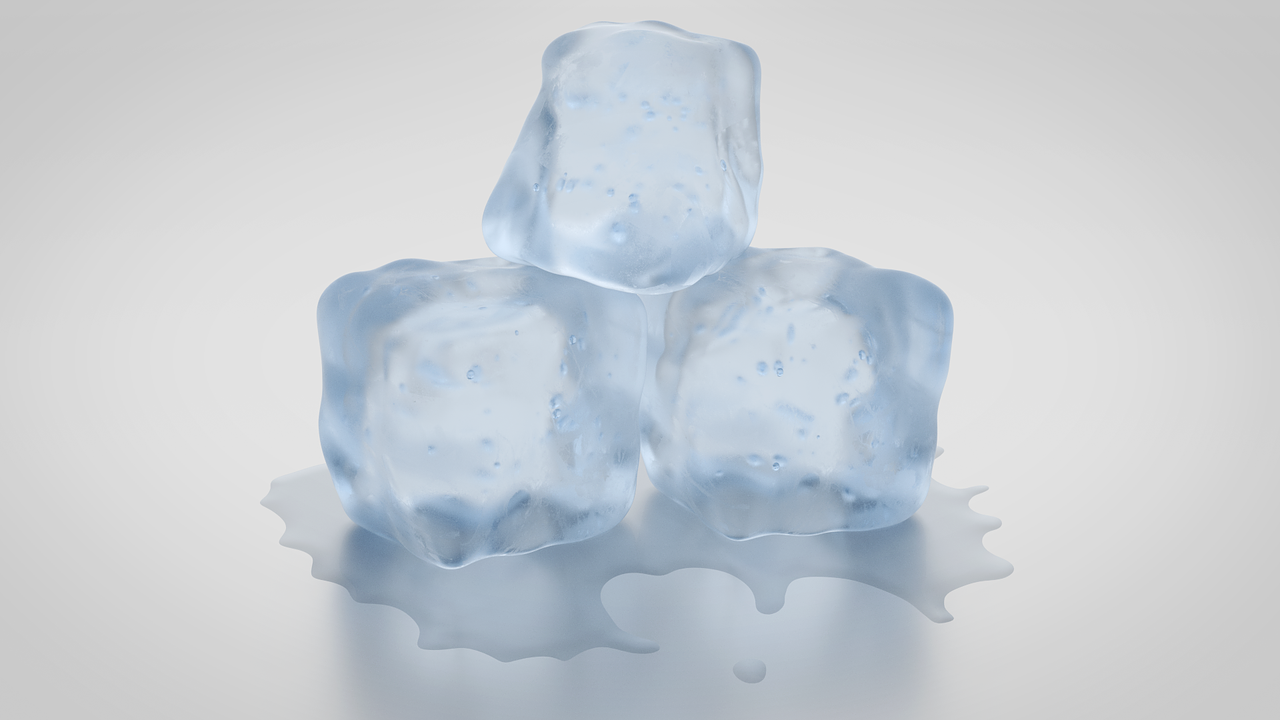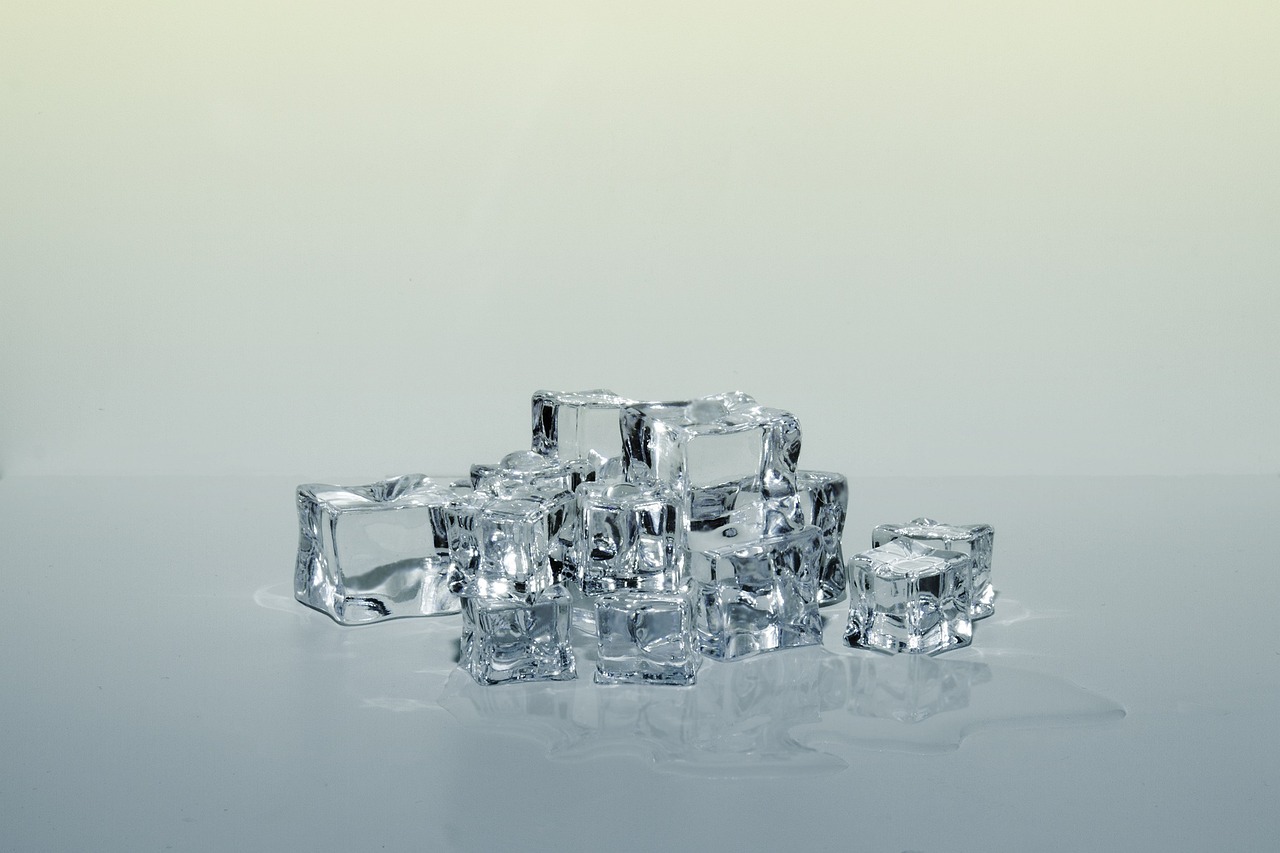Your garbage disposal is one of the unsung heroes of your kitchen, effortlessly handling food scraps and keeping your sink clean. However, like any appliance, it’s prone to wear and tear over time. When your garbage disposal starts acting up, it can lead to unpleasant odors, clogs, and even damage to your plumbing system. Recognizing the signs that your garbage disposal needs repair can save you from costly replacements and keep your kitchen running smoothly.
Ignoring the early warning signs of a failing garbage disposal can lead to bigger problems down the road. From strange noises to water leaks, these issues are often easy to spot if you know what to look for. Addressing these problems quickly can prevent further damage and extend the life of your disposal. In this article, we’ll walk you through the ten most common signs that indicate your garbage disposal needs professional attention.
Whether you’re experiencing frequent jams, slow drainage, or foul odors, understanding the underlying causes can help you take action before it’s too late. By being proactive and recognizing the symptoms early, you can avoid the inconvenience and expense of a complete garbage disposal breakdown. Let’s dive into the key signs that your garbage disposal needs repair as soon as possible.

1. Unusual Noises
When your garbage disposal starts making unusual noises, it’s often an indication that something is wrong internally. Normally, the disposal should produce a consistent grinding sound as it processes food waste. However, if you hear loud grinding, rattling, or metal-on-metal noises, it could mean that a foreign object, such as a utensil or bone, has fallen into the unit and is disrupting its operation. Alternatively, the noise could be caused by loose components, worn-out bearings, or even damaged blades. These issues can quickly escalate into more severe damage if left unaddressed, so it’s important to have the disposal inspected as soon as you notice these sounds.
Ignoring these unusual noises can lead to more costly repairs down the line. For instance, continued operation of the disposal with loose or damaged parts can cause the motor to overwork, eventually leading to a complete failure of the unit. Additionally, if foreign objects are not promptly removed, they can cause further damage to the blades or clog the system entirely. To prevent these issues, it’s crucial to stop using the disposal as soon as you hear abnormal sounds and call a professional for a thorough inspection and necessary repairs.
2. Persistent Clogs
Persistent clogs in your garbage disposal are a clear sign that the unit is not functioning as it should. While occasional clogs may occur from time to time, especially if improper items like fibrous vegetables or grease are put down the drain, frequent clogs suggest a deeper issue. One common cause is dull blades that are no longer sharp enough to effectively grind food waste. When the blades can’t chop the food into small enough particles, it results in blockages that prevent water from draining properly. Another potential cause of persistent clogs is a buildup of debris or a partial blockage in the drain line, which can hinder the disposal’s performance.
If you’re constantly dealing with clogs, it’s important to address the problem before it leads to more serious complications. Persistent clogs can cause water to back up into your sink, creating an unsanitary and frustrating situation in your kitchen. Over time, this can also lead to damage to your plumbing system, as repeated blockages can put unnecessary strain on your pipes. To restore your garbage disposal’s functionality, it’s recommended to have a professional inspect the unit, clear any blockages, and sharpen or replace the blades if necessary.
3. Foul Odors
Foul odors emanating from your garbage disposal can be more than just a nuisance; they often signal underlying issues that need attention. While it’s normal for your disposal to produce some smells, especially if food particles are left inside, persistent or strong odors are a cause for concern. These smells can result from a buildup of food waste, grease, or other debris trapped in the disposal or drain line. Over time, this organic matter can decompose, leading to unpleasant odors that linger in your kitchen. In some cases, the foul smells may also be caused by mold or bacteria growth inside the unit, which can pose health risks if not addressed.
Cleaning your garbage disposal regularly can help mitigate these odors, but if the smell persists even after thorough cleaning, it’s a sign that a deeper issue may be at play. For instance, the unit’s internal components may be deteriorating, or there could be a blockage that’s not easily accessible. In such cases, it’s best to call a professional who can thoroughly inspect the disposal, clean out any trapped debris, and repair or replace any damaged parts. Addressing foul odors promptly can not only improve the hygiene of your kitchen but also extend the life of your disposal.
4. Water Leaks
Water leaks around your garbage disposal are a clear indicator that something is amiss, and they should be addressed immediately to prevent further damage. Leaks can occur for a variety of reasons, such as a loose connection between the disposal and the sink, a crack in the disposal unit itself, or worn-out seals that no longer provide a watertight fit. Even a small leak can lead to significant damage over time, causing issues like water damage to your cabinets, flooring, and even the structural integrity of your home. If you notice water pooling under your sink or dripping from the disposal, it’s important to stop using the unit and investigate the source of the leak.
In addition to causing property damage, water leaks can also lead to mold growth, which poses health risks to you and your family. Moist environments are breeding grounds for mold and mildew, which can spread quickly and require costly remediation efforts if left unchecked. To avoid these complications, it’s crucial to have a professional repair the leak as soon as it’s detected. Depending on the severity of the issue, the repair may involve tightening connections, replacing seals, or even installing a new disposal unit if the current one is beyond repair.
5. The Unit Won’t Turn On
If your garbage disposal won’t turn on when you flip the switch, it’s a clear sign that there’s an issue that needs to be addressed. This problem can stem from several causes, ranging from a tripped circuit breaker to a faulty switch or an internal electrical problem within the disposal itself. Before assuming the worst, it’s a good idea to check if the unit is properly plugged in and if the reset button on the bottom of the disposal has tripped. Sometimes, a simple reset can solve the issue, but if the unit still won’t start, it’s time to consider more serious possibilities.
Electrical issues in your garbage disposal can be dangerous and should be handled by a professional. Attempting to diagnose or repair electrical problems on your own can result in further damage to the disposal or even pose a risk of electrical shock. A qualified technician can safely inspect the unit, identify the root cause of the problem, and carry out the necessary repairs. Whether it’s a faulty motor, a wiring issue, or a malfunctioning switch, getting your disposal back up and running quickly is essential to maintaining a functional kitchen.
6. Slow Drainage
Slow drainage is a frustrating issue that often signals a problem with your garbage disposal’s ability to effectively process food waste. When the disposal’s blades become dull or damaged, they can’t chop food particles into small enough pieces to easily pass through the drain. This can result in a partial blockage that slows down the flow of water, causing your sink to take longer to empty. Additionally, a buildup of grease, fat, or other debris in the drain line can contribute to slow drainage, further exacerbating the issue.
If left unresolved, slow drainage can lead to more severe clogs and potential damage to your plumbing system. The pressure from water backing up in the sink can strain your pipes, increasing the risk of leaks or even burst pipes. To prevent these complications, it’s important to address slow drainage as soon as you notice it. A professional can assess the condition of your garbage disposal, clear any blockages, and restore the unit’s ability to grind food waste efficiently. Regular maintenance and proper use of your disposal can also help prevent slow drainage from becoming a recurring problem.
7. Frequent Resets
The reset button on your garbage disposal is designed to protect the unit’s motor from overheating or overloading, but if you find yourself frequently needing to press it, it’s a sign that something isn’t right. Frequent resets can indicate that the disposal is struggling to handle the amount of food waste being processed or that there’s an internal issue causing the motor to overwork. Common causes of this problem include dull blades, a jammed flywheel, or even an electrical malfunction within the unit.
While it might be tempting to continue using the reset button as a quick fix, doing so can lead to more significant problems down the line. Repeatedly resetting the disposal without addressing the underlying issue can cause the motor to burn out, resulting in the need for a costly replacement. To avoid this, it’s important to have a professional inspect the unit and determine the cause of the frequent resets. By addressing the problem early, you can prevent further damage and ensure your garbage disposal continues to operate efficiently.
8. Blades Aren’t Chopping
When the blades of your garbage disposal are no longer chopping food waste effectively, it’s a clear sign that the unit needs repair. Over time, the blades can become dull or damaged, reducing their ability to grind food into small enough particles to be easily flushed through the drain. This can result in clogs, slow drainage, and even strain on the disposal’s motor as it works harder to process the waste. If you notice that food waste is not being adequately chopped, it’s important to address the issue before it leads to further complications.
In some cases, the blades may simply need to be sharpened or replaced to restore the disposal’s functionality. However, if the problem persists, it could indicate a more serious issue with the unit’s motor or internal components. A professional technician can assess the condition of the blades and determine the best course of action to get your disposal working properly again. Regular maintenance, such as running cold water while using the disposal and avoiding fibrous or tough food items, can also help prevent the blades from becoming dull or damaged in the first place.
9. Disposal Stops Mid-Operation
A garbage disposal that stops working in the middle of use can be both inconvenient and indicative of a deeper problem. This issue could be caused by a jam in the disposal, an electrical problem, or an overheating motor. If your disposal frequently cuts out while running, it’s a sign that it’s struggling to operate efficiently. Jams are often caused by hard objects or large pieces of food that get stuck in the blades, preventing the unit from functioning properly. In some cases, the motor may be overloaded due to prolonged use or attempting to process too much waste at once.
If your disposal stops mid-operation, it’s important to turn off the power immediately to prevent further damage or potential injury. Attempting to clear a jam without the proper tools or knowledge can be dangerous, so it’s best to call a professional to assess the situation. They can safely remove any blockages, inspect the motor, and ensure that the unit is functioning correctly. Addressing the issue promptly can prevent a complete breakdown of the disposal and extend its lifespan.
10. Old Age
Like all appliances, garbage disposals have a finite lifespan. If your unit is more than 10-12 years old and is showing signs of wear and tear, it may be time to consider a replacement. Older disposals are more prone to frequent breakdowns, leaks, and other issues, making them less reliable and efficient. As components age, they can become less effective at processing food waste, leading to clogs, slow drainage, and even damage to your plumbing system. Additionally, older models may not have the same safety features or energy efficiency as newer units, making replacement a more cost-effective and environmentally friendly option.
While some problems with aging disposal can be repaired, it’s often more practical to invest in a new unit rather than continuously repairing an old one. A new garbage disposal will likely be more powerful, efficient, and quieter than your old unit, providing better performance and reliability. If your disposal is nearing the end of its lifespan and is experiencing frequent issues, consulting with a professional about replacement options can help you choose the right model for your needs and ensure a seamless installation process.
Conclusion
Recognizing the signs that your garbage disposal needs repair can save you from unexpected breakdowns and costly repairs. Whether it’s unusual noises, persistent clogs, or slow drainage, addressing these issues early can extend the life of your disposal and keep your kitchen running smoothly. Ignoring these signs can lead to more significant problems, including water leaks, electrical issues, and even complete disposal failure. If you notice any of these warning signs, it’s important to call a professional for an inspection and repair before the problem worsens. By staying proactive, you can ensure your garbage disposal continues to function efficiently and safely for years to come.
Zuta Appliance Repair: Transform Your Berkeley Kitchen With Expert Garbage Disposal Repair
In the heart of Berkeley, CA, Zuta Appliance Repair is your trusted partner for maintaining the comfort and functionality of your home. Understanding the essential role your garbage disposal plays in your kitchen, we are dedicated to delivering top-tier repair services. Our expertise not only ensures that your disposal runs smoothly, preventing kitchen disruptions but also helps to optimize your home’s overall efficiency. With Zuta Appliance Repair, you’re not just receiving a service; you’re gaining a commitment to quality, integrity, and environmental responsibility, enhancing both your kitchen’s performance and your quality of life.
Experience comprehensive solutions to all your garbage disposal issues with Zuta Appliance Repair. Our specialized repair services are designed to extend the lifespan of your appliance and keep your kitchen functioning efficiently. Our skilled team, equipped with unmatched expertise and a friendly approach, offers cost-effective and eco-friendly solutions. This is more than just a repair service; it’s about the peace of mind that comes with a smoothly operating home. Choose Zuta Appliance Repair for an improved lifestyle. Contact us now at (415) 592-4633 and let us ensure your garbage disposal remains a reliable component of your daily life, offering convenience, efficiency, and peace of mind.
Disclaimer
The materials available on this website are for informational and entertainment purposes only and not to provide legal or professional advice. You should contact your attorney or home improvement specialist to obtain advice concerning any particular issue or problem. You should not act or refrain from acting based on any content included in this site without seeking legal or other professional advice. The information presented on this website may not reflect the most current home improvement developments. No action should be taken in reliance on the information on this website. We disclaim all liability concerning actions taken or not taken based on any or all of the contents of this site to the fullest extent permitted by law.

